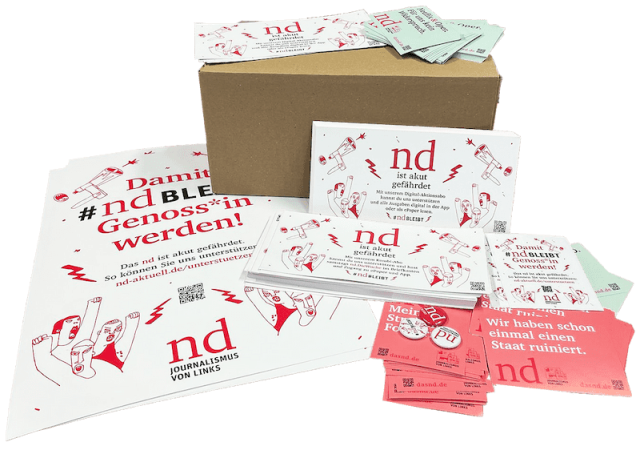Why can animals fertilize themselves?
Dr. Schmidt explains the world
In the USA, the stingray Charlotte lives in an aquarium with two sharks. Charlotte is now pregnant – mind you, without having any contact with other animals. What happened?
In this case, pregnant is a false human metaphor. Sharks and rays are among the animal species that lay eggs. However, some of the cartilaginous fish keep the eggs in their bodies and allow the young to hatch inside the mother.
That doesn’t answer my question. Was the ray fertilized by a shark or did it do it itself?
Everything points to virgin conception, technical jargon: parthenogenesis. This self-fertilization occurs primarily in arthropods, molluscs, lizards and fish. It is very unlikely that one of the male sharks would be considered a father, so to speak. A cross between the two species would probably not be viable because they are only very distantly related to one another.
This is different with tigers and lions. They occur in nature in different habitats, so that so far they have only been crossed artificially.
Correct. There are living specimens of the “liger”. But the species are more closely related. The last common relative of rays and sharks, on the other hand, was 300 million years ago.
Back to Charlotte. Why do rays fertilize themselves?
There is a basic instinct that shapes the behavior of all species – in some cases even that of humans, although one sometimes has doubts about it: the preservation of the species. And if a sexually mature female of an animal species in which this is possible biologically cannot reproduce for a long time, then parthenogenesis can be triggered. However, this has never been observed in this type of stingray.
Does this behavior only occur in captivity?
There is little reason to do this in the wild. The creatures can swim far. Sharks, for example, sometimes swim tens of thousands of kilometers to mate. Although rays are more stationary, they are usually in the company of other species. However, parthenogenesis also has disadvantages: only females emerge.
Why?
Because the mother only has her own set of chromosomes available.
This is of course a problem because Charlotte’s descendants face the same problem as her.
Correct. In addition, parthenogenesis produces more or less the same as long-term inbreeding. And this has the serious disadvantage that there is a higher susceptibility to certain diseases.
Not only that. Genetic defects are increasingly occurring.
Even. And under certain circumstances these can lead to serious disabilities. Even with animals.
Has parthenogenesis been observed in mammals?
No, virgin conception is not possible in mammals due to the specific nature of the connections between eggs and spermatozoa.
#ndstays – Get active and order a promotional package
Regardless of whether it is pubs, cafés, festivals or other meeting places – we want to become more visible and reach everyone who values independent journalism with an attitude. We have put together a campaign package with stickers, flyers, posters and buttons that you can use to get active and support your newspaper.
To the promotional package
